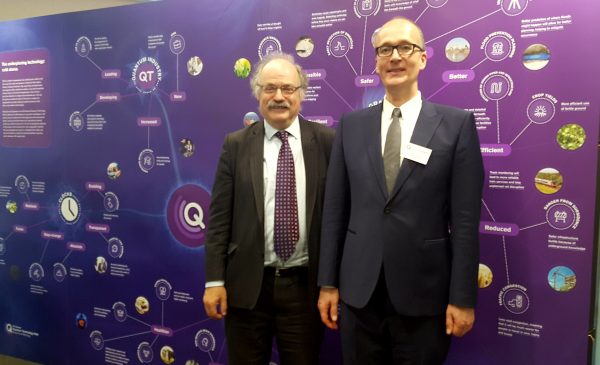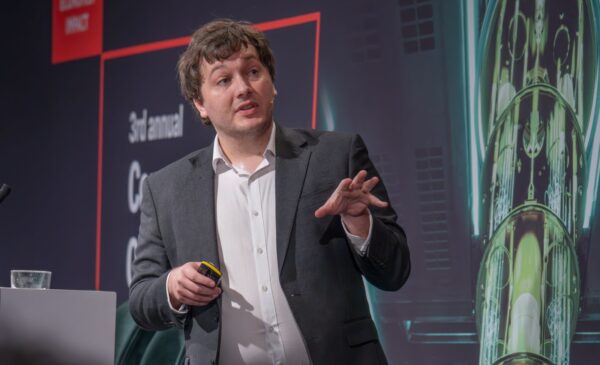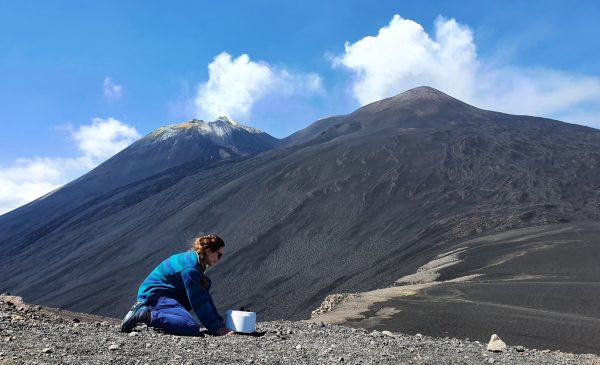On Thursday 27 September, Professor Sir Mark Walport visited colleagues and key industry collaborators from the Quantum Technology Hub for Sensors and Metrology to learn more about the developmental stages and societal impact of quantum sensors.
Sir Mark was particularly impressed by the quantum gravimeter built by colleagues in the Quantum Technology Hub in collaboration with the Defence Science and Technology Laboratory (dstl). This project represents a significant step forward in developing robust and practical applications for real-world environments. Gravity mapping is already used by civil engineers to carry out surveys (such as on brownfield sites) and detecting underground hazards.
The quantum gravimeter is intended to provide higher sensitivity and reliability, while also drastically reducing measurement times, as the robustness means there is less noise from external sources.
Professor Kai Bongs, Director of the Quantum Technology Hub, delivered a presentation explaining the current progress of the quantum sensors, and spoke about the wide range of industry partners supporting these developments. Sir Mark was keen to understand the practicalities of implementing the sensors into real-world applications, in particular the timescales and the precise economic impact, which was in turn explained by Professor Bongs and representatives from Teledyne e2v, RSK and BP.
The presentations were followed by an industry roundtable , with key high-profile UK companies and businesses speaking about their close working relationships with the Hub’s researchers, and the need (for industry) to collaborate with academia in order to deliver the disruptive, ground-breaking sensor technology required to protect and enhance a fast-moving world.
Sir Mark then left to visit the Birmingham Centre for Railway Research and Education (BCRRE). To read more about BCRRE, visit their webpages here.




